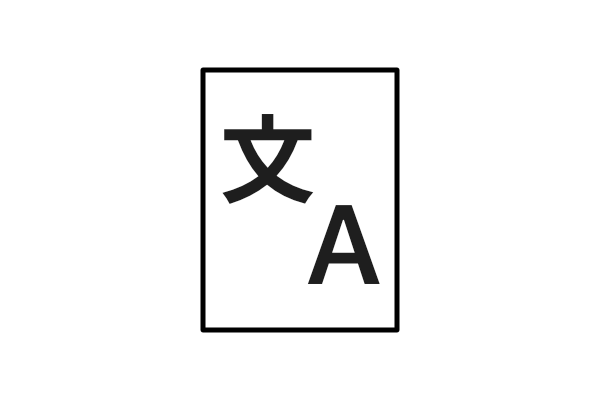In completing its research reports, IORG is immensely grateful to the continued support of its research advisors, as well as other scholars, professional workers, and researchers offering data, council, or assistance and wish to remain anonymous.
Every member of IORG has made important contributions towards the completion of IORG’s research reports.









